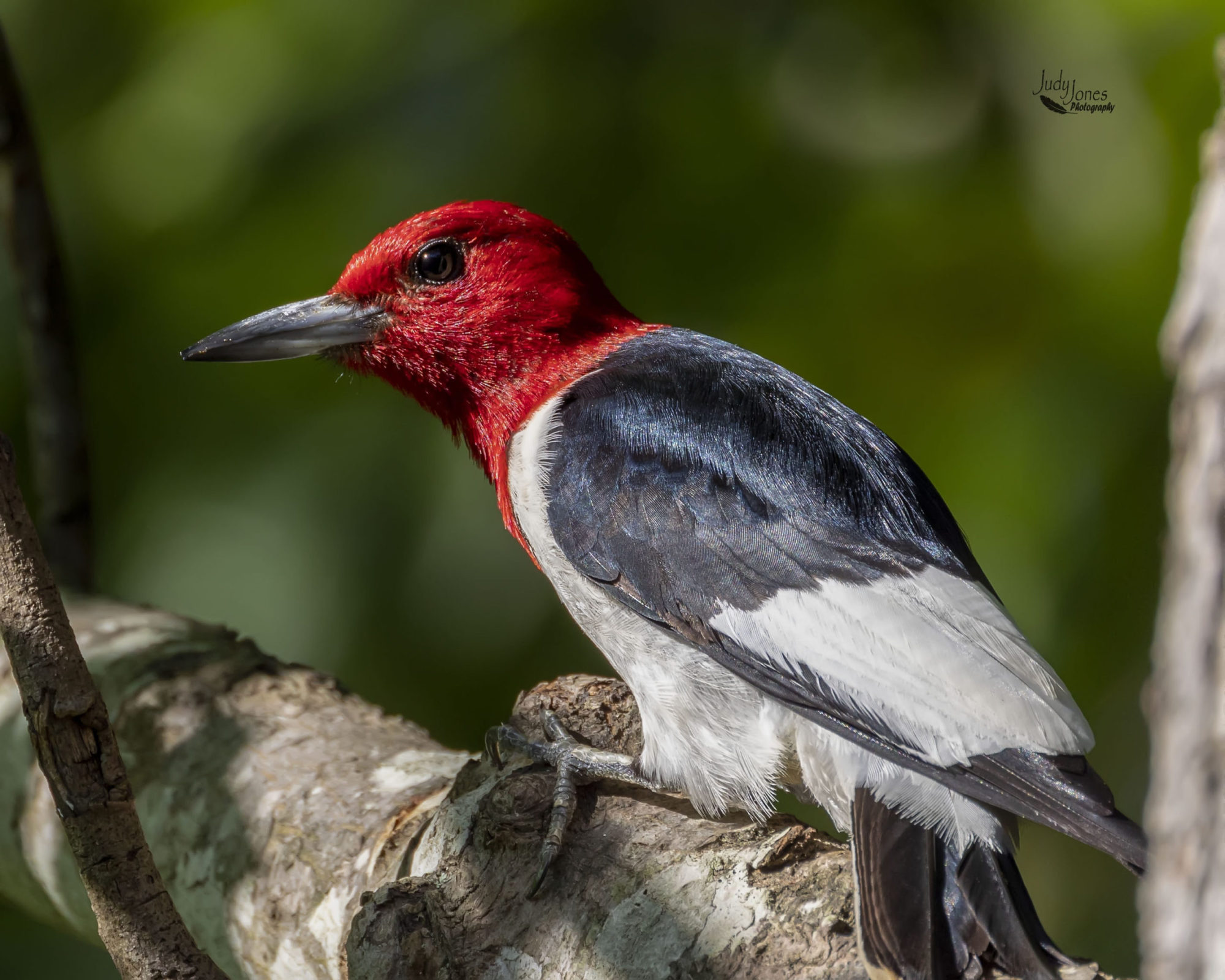On April 21, W&M students will present the results of research supported by a Bill Sheehan/Ruth Beck Ornithology Research Grant awarded by our club. Join us on Zoom at 7:00. Club members will get the link in their email. If you want to join us and you’re not a member, just contact us. The meetings are free and open to the public.
Four W&M students will present the results of research supported by a Bill Sheehan/Ruth Beck Ornithology Research Grant awarded by our club. Casey McLaughlin and Jasmine Whelan will discuss their coordinated studies of the effects of sublethal dietary mercury on levels of the stress hormone corticosterone in birds and on feather quality. Robin Thady and Lauren Emerson each conducted research aimed to reduce bird collisions with man-made structures. Robin evaluated the effectiveness of certain attributes of acoustic warning signals, such as frequency level and whether a sound changes over time, in increasing a bird’s attention to its surroundings, while Lauren studied whether lighting conditions affect the risk of bird collisions with windows.
During November 2019 Bill Williams and I traveled around Ghana on a countrywide birding trip with Rockjumper Tours. This talk is a summary of that trip giving an introduction to the birds of Ghana together with some of the history of the country. The African mammals we saw are also included. The principal motivation for going to Ghana was my continuing pursuit of observing a member from each family of the world’s birds. This was my first trip to West Africa which has a distinct avifauna of its own.
Bob came to Virginia in 1969 as a member of the Chemistry faculty at Old Dominion University. When not in the lab or the classroom, he spent an enormous amount of time chasing birds of one sort or another in most of the various corners of the world. While in Virginia he has served in many capacities for the VSO, the Cape Henry Audubon Society, and CVWO and conducted bird surveys at Back Bay, Dismal Swamp, and Fisherman’s Island NWRs. For twenty years he ran pelagic trips and for an additional twenty years has led birding tours to many parts of the US and abroad. More recently he has been satisfied to let others lead the tours including the Ghana trip.
As our seasons pass, the winter brings an amazing assortment of water birds into our lakes, rivers and wetlands. This multimedia program shows that diversity in all their splendor. Includes all of our wintering Ducks, Mergansers, Geese, Swans, as well as our resident waterfowl, and more. Enjoy the beauty of this diverse group of birds and see what makes each species unique.

From speaker Sarah Karpanthy:
Colonial waterbird conservation in the Hampton Roads: reflections on birds, bridges, politics, journalism and environmental activism!
I will talk about the history of colonial waterbirds nesting on the South Island of the Hampton Roads Bridge tunnel, their temporary rehoming to Fort Wool/Rip-Rap Island and barges, and what the future may hold. I will also emphasize the important role that bird conservation groups, like this one, played in the successful interim resolution and hopefully will play in the successful long-term resolution. I also have been studying shorebirds on the Eastern Shore barrier islands since 2005 so happy to talk about that too and field any questions that arise!
Katie Fallon will be the October speaker for the Williamsburg Bird Club. She will be talking about Cerulean Warblers.
The Cerulean Warbler is the fastest-declining Neotropical migrant songbird, losing 3% of its population per year since 1966. In addition to sharing tips for finding and identifying Cerulean Warblers, this presentation will discuss the challenges these beautiful birds face during the breeding and non-breeding seasons. How does a male attract a female? Who builds the nest, and how do they choose a nest location? How many young do they have, and how do they raise them? Once Cerulean Warblers leave North America at the end of the breeding season, where do they go? And what might they encounter along the way? Find out why your morning cup of coffee is important to Cerulean Warbler conservation, and learn ways that you can help save migratory songbirds.
She has also just had her book on Vultures reissued.




